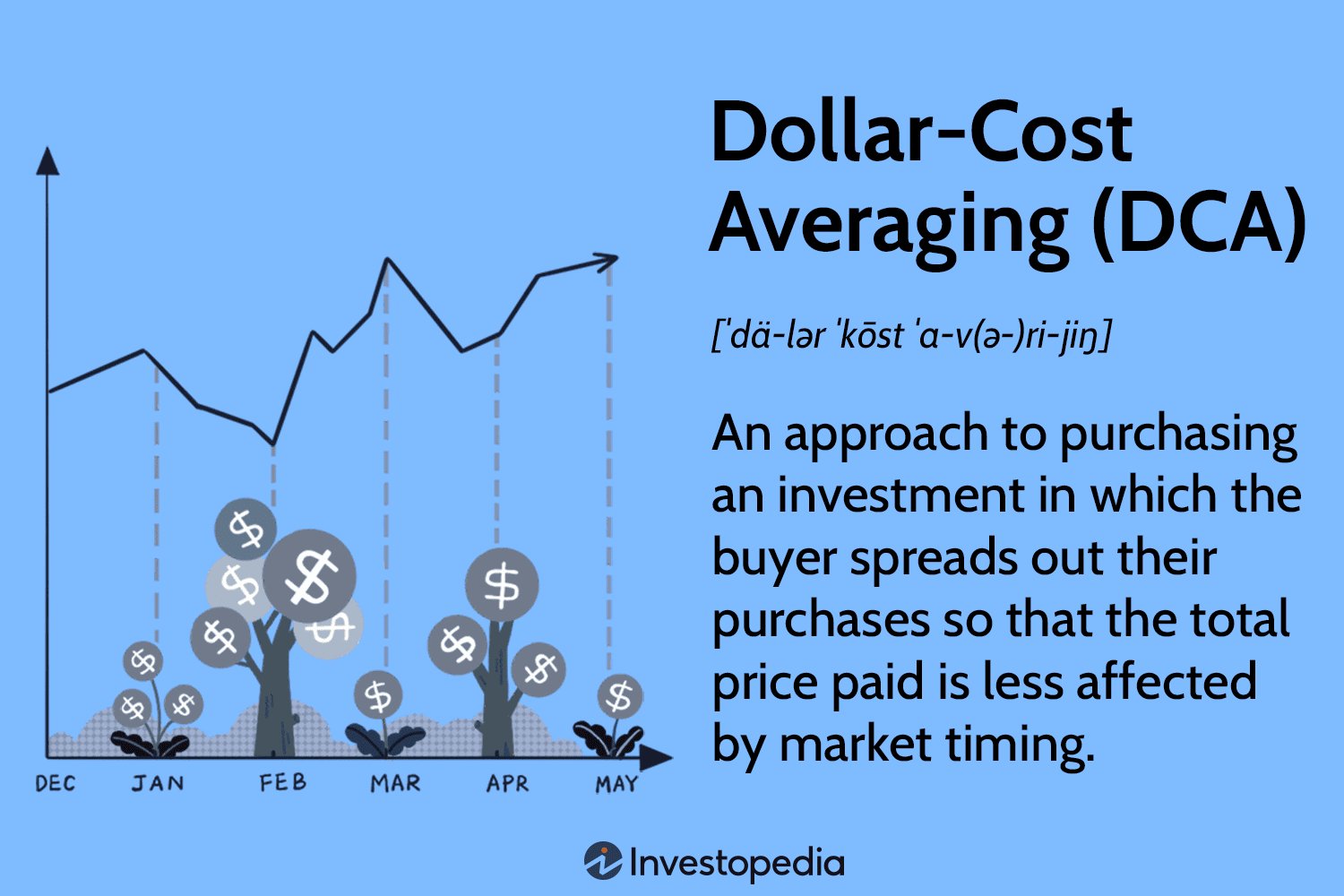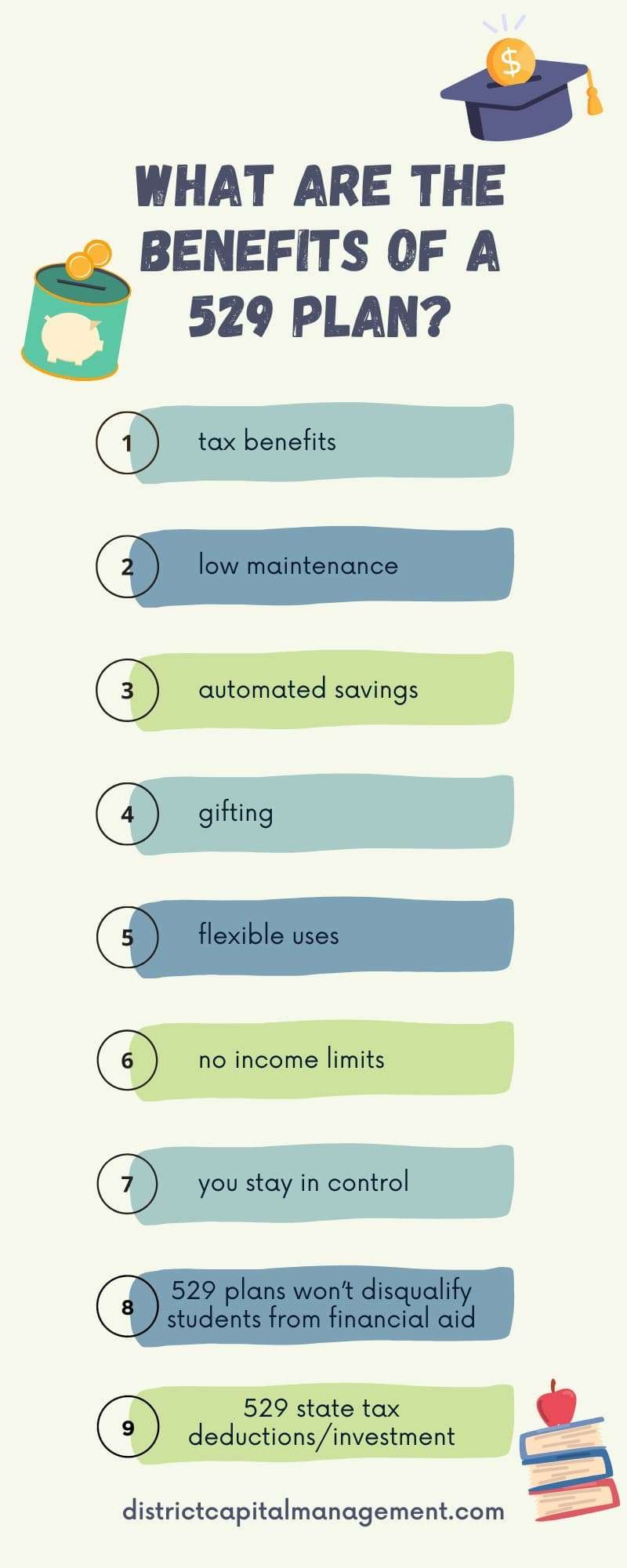In these uncertain times, maintaining financial health has become a priority for many. So how can you navigate your way towards financial stability during a pandemic? The answer lies in understanding your spending habits, finding ways to save, and exploring smart investment options. In this blog article, we will guide you on how to maintain financial health during a pandemic, offering practical tips and insights to help you weather the storm. Let’s dive in!
How to Maintain Financial Health During a Pandemic
The ongoing COVID-19 pandemic has had a significant impact on the global economy, causing financial challenges for individuals and businesses alike. During these uncertain times, it is crucial to take proactive steps to maintain financial health and mitigate any negative consequences. In this article, we will explore various strategies and tips to help you navigate through this pandemic and safeguard your financial well-being. From budgeting and managing expenses to maintaining an emergency fund and exploring alternative sources of income, we will cover a wide range of topics to ensure you are equipped with the knowledge to maintain financial stability in these challenging times.
Create a Realistic Budget
A well-defined budget forms the foundation of financial health, especially during a pandemic. It allows you to track your income and expenses, enabling better control over your finances. Here are some steps to create a realistic budget:
- Track your income: Start by listing all your sources of income. Include any salary, freelance work, investments, or other streams of revenue.
- Analyze your expenses: Review your bank statements and identify all your expenses. Categorize them into essential and non-essential items.
- Set financial goals: Determine your short-term and long-term financial goals. This can include paying off debt, building an emergency fund, or saving for a specific milestone.
- Create a spending plan: Allocate your income towards different expense categories, ensuring that essential items are prioritized.
- Monitor and adjust: Regularly review your budget and make necessary adjustments based on changing circumstances.
Manage Your Expenses
During a pandemic, it is essential to implement cost-saving measures to manage your expenses effectively. By making conscious choices and reducing unnecessary spending, you can stretch your budget further. Here are some strategies to consider:
- Reduce discretionary spending: Cut back on non-essential items such as dining out, entertainment, or luxury purchases.
- Shop smart: Look for deals, compare prices, and consider buying generic brands for everyday items.
- Lower utility costs: Conserve energy, unplug unused electronics, and consider switching to energy-efficient appliances.
- Cancel subscriptions: Evaluate your subscription services and prioritize the ones you truly need. Consider canceling unused or duplicate subscriptions.
- Eliminate high-interest debt: Focus on paying off high-interest credit card debt and loans to save money on interest payments.
Build an Emergency Fund
The ongoing pandemic has highlighted the importance of having an emergency fund to deal with unexpected financial challenges. An emergency fund acts as a safety net during uncertain times, providing a sense of security and financial stability. Here’s how to build and maintain an emergency fund:
- Set a savings goal: Aim to save at least three to six months’ worth of living expenses.
- Automate savings: Set up automatic transfers from your primary account to a separate savings account dedicated to your emergency fund.
- Cut expenses: Reduce unnecessary expenses and divert the saved money towards your emergency fund.
- Utilize windfalls: Direct any unexpected income, such as tax refunds or bonuses, towards your emergency fund.
- Keep it accessible but separate: Ensure that your emergency fund is easily accessible in case of emergencies, but separate from your everyday spending account to avoid temptation.
Explore Alternative Sources of Income
During a pandemic, it may be necessary to explore alternative sources of income to bolster your financial stability. Here are some options to consider:
- Freelancing or consulting: Leverage your skills and expertise by taking on freelance projects or offering consulting services.
- Online businesses: Start an online business or sell products/services through e-commerce platforms.
- Part-time jobs: Look for part-time job opportunities to supplement your existing income.
- Rent out unused space: If you have extra space, consider renting it out to generate additional income.
- Monetize hobbies: Explore ways to monetize your hobbies, such as teaching online classes or selling handmade crafts.
Take Advantage of Financial Assistance Programs
During a pandemic, governments and organizations often provide financial assistance programs to individuals and businesses facing economic hardships. It is crucial to stay informed about these programs and take advantage of the support available. Here are a few resources to consider:
- Unemployment benefits: If you have lost your job or experienced reduced hours, check if you qualify for unemployment benefits provided by the government.
- Government grants and loans: Research government grants or loan programs aimed at supporting individuals or businesses during financial crises.
- Debt relief programs: Explore debt relief options, such as loan forbearance or debt restructuring programs.
- Charitable organizations: Reach out to local charitable organizations that may provide financial aid or assistance with basic needs.
Stay Informed and Seek Professional Advice
During uncertain times, staying informed about changes in the economy and financial landscape is crucial. It is also important to seek professional advice when necessary. Consider the following:
- Stay updated: Stay informed about government regulations, financial assistance programs, and economic trends that may impact your financial situation.
- Consult a financial advisor: If you are uncertain about your financial decisions or need guidance, consider seeking advice from a qualified financial advisor.
- Educate yourself: Take the time to learn about personal finance, budgeting, and investment strategies through books, online courses, or reputable financial websites.
By implementing these strategies and taking proactive steps, you can maintain financial health and navigate through the challenges posed by a pandemic. Remember, financial well-being is a journey, and it requires ongoing effort and adaptation. Stay focused, stay informed, and stay in control of your financial destiny.
Financial Health in a Pandemic
Frequently Asked Questions
Frequently Asked Questions (FAQs)
1. How can I maintain financial stability during a pandemic?
During a pandemic, it is crucial to maintain financial stability by creating a budget, cutting unnecessary expenses, and saving money whenever possible. Additionally, exploring alternative income streams and seeking professional financial advice can be helpful.
2. What are some effective ways to cut down on expenses during a pandemic?
To reduce expenses during a pandemic, you can prioritize essential purchases, negotiate bills and subscriptions, cook meals at home, and find free or low-cost activities for entertainment. It is also advisable to review and adjust your insurance policies to ensure you are not overpaying.
3. How important is emergency savings during a pandemic?
Emergency savings are extremely important during a pandemic as they provide a financial cushion in case of unexpected situations like a job loss or a medical emergency. It is recommended to have at least three to six months’ worth of living expenses saved in an emergency fund.
4. What steps can I take to protect myself financially in uncertain times?
In uncertain times, you can protect yourself financially by diversifying your investments, avoiding unnecessary debt, making informed financial decisions, and staying updated on government assistance programs. It is also important to regularly review your financial situation and make necessary adjustments.
5. How can I stay updated on the latest financial assistance programs available during a pandemic?
To stay updated on financial assistance programs, you can regularly visit official government websites, follow reliable news sources, and subscribe to newsletters from financial institutions. Additionally, you can reach out to local community organizations or financial advisors who can provide guidance.
6. Should I consider refinancing my loans during a pandemic?
Refinancing loans can be a good option during a pandemic as it may help you secure a lower interest rate, reduce monthly payments, or even shorten the loan term. However, it is important to carefully evaluate the terms and potential costs associated with refinancing before making a decision.
7. How can I protect my credit score during a pandemic?
To protect your credit score during a pandemic, you should continue making timely payments on your debts, communicate with lenders if you are facing financial difficulties, and avoid taking on new debt unless necessary. Regularly monitoring your credit report can also help identify and address any errors or fraudulent activity.
8. Is it a good idea to invest during a pandemic?
Investing during a pandemic can be a viable option, but it requires careful consideration and a long-term perspective. Consult with a financial advisor to assess your risk tolerance, evaluate investment opportunities, and develop a diversified investment strategy that aligns with your financial goals.
Final Thoughts
To maintain financial health during a pandemic, it is crucial to prioritize budgeting and minimize unnecessary expenses. Start by creating a realistic budget that accounts for essential expenses while cutting back on non-essential items. Consider exploring ways to increase income, such as taking on freelance work or starting a side business. Additionally, it’s essential to build an emergency fund to provide a safety net during uncertain times. Prioritize paying off high-interest debt and explore options for loan repayment relief if needed. Staying informed about government aid programs and exploring ways to save on essential services can also contribute to maintaining financial health during a pandemic.



